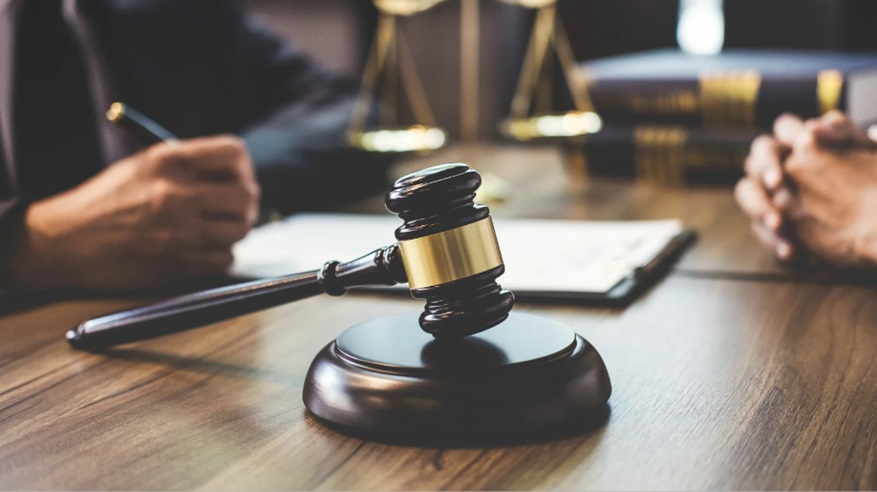When facing criminal charges, understanding your legal options is pivotal. Each case is unique, and selecting the right defense strategy can make a meaningful difference in its outcome. Partnering with a skilled criminal lawyer in Minneapolis is an essential step in navigating the complexities of criminal law. Their expertise ensures careful evaluation of evidence and tailored strategies to address specific charges.
Effective defense strategies often encompass everything from disputing evidence to negotiating plea deals, depending on the circumstances of the case. This article explores common approaches, shedding light on how a solid defense can impact legal proceedings.
The Role of a Criminal Defense Strategy
A strong defense strategy serves as the backbone of any criminal case. It outlines how an attorney plans to address the charges, challenge the prosecution’s evidence, and advocates for the best possible outcome. Legal strategies are not one-size-fits-all but designed to fit each case’s details, evidence, and unique dynamics.
Preparation is key to building a successful defense. By investigating thoroughly and understanding the charges, attorneys craft arguments that can counter the prosecution’s claims effectively.
Common Criminal Defense Strategies
Affirmative defenses play a critical role in criminal cases by allowing defendants to present evidence that can absolve them of liability. These defenses go beyond denying accusations and focus on justifying or excusing actions under specific legal grounds.
Affirmative Defenses
An affirmative defense requires the defendant to introduce evidence that negates liability, even if the prosecution’s claims are valid. For instance, self-defense in assault cases or duress in crimes committed under coercion are examples of affirmative defenses. These strategies assert that specific external factors justify or excuse the defendant’s actions.
While asserting such defenses, attorneys gather supporting evidence like eyewitness testimonies or expert opinions to strengthen the case. This proactive approach can significantly influence a court’s perception of the charges.
Challenging Evidence
One of the most employed strategies involves scrutinizing the prosecution’s evidence. A defense lawyer may question the legality of evidence collection, forensic methods’ accuracy, or witnesses’ credibility. Suppressing evidence obtained unlawfully can weaken the prosecution’s case and sometimes lead to a dismissal.
Learning what matters to focus on, such as questions you should discuss with your lawyer, can further clarify how to approach your case effectively. For more insights, look into the questions to ask your criminal defense lawyer after an arrest for additional guidance.
Plea Bargains and Reduced Charges
While some cases proceed to trial, many criminal cases are resolved through plea negotiations. An attorney may work with the prosecution to reduce charges or secure lesser penalties in exchange for a guilty plea. This approach can be beneficial in cases where evidence heavily favors the prosecution.
For a broader understanding of how criminal charges impact penalties, consider reviewing an article onthe different types of criminal charges and their consequences.
Alibi Defense
An alibi strategy hinges on proving that the accused was not present at the crime scene during the offense. Evidence such as video footage, tangible documents, or testimonies from witnesses can bolster the alibi claim.
This approach focuses on casting reasonable doubt, a standard the prosecution must surpass to secure a conviction. Establishing a credible alibi can play a vital role in case outcomes.
Choosing the Right Strategy
When determining which defense strategy to implement, several factors come into play. The nature of the charges, the available evidence, and the client’s circumstances influence the approach. A highly skilled attorney will assess every detail of the case and discuss the available options with the defendant to find the most suitable strategy.
Defendants should work closely with their lawyers to ensure that all relevant facts and evidence are disclosed during preparations. Transparency in communication increases the chances of mounting a solid defense.
Conclusion
Criminal defense strategies are as diverse as the cases they are employed in. From disputing evidence to asserting affirmative defenses, attorneys play a vital role in shaping outcomes that might otherwise seem unattainable. A well-prepared strategy ensures that a defendant’s rights are upheld, and their case is presented most vigorously. If you or a loved one requires legal assistance, explore all options and collaborate with a knowledgeable attorney. Even the most complex criminal cases can be addressed effectively with the right approach.


